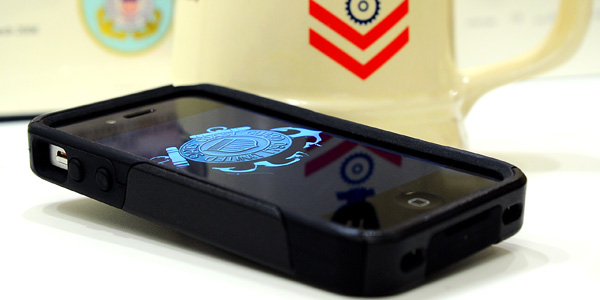
Vishing is a type of cyberattack in which the cybercriminal tricks the victims over a phone call to get access to the target’s sensitive information. The attackers use automated voice simulation technology and other sophisticated technologies to convince the victim to hand over sensitive data.
The cybercriminals create a scenario to prey on human greed and fear. They convince the victim to hand over sensitive data, including bank account, username, and password.
Vishing Techniques
The phone call in vishing is initially placed through a voice over IP, which helps the attacker automate all processes as it is difficult for law enforcement to trace them. The aim of the attackers is to get detail of the victim’s bank account or gain their personal information that may help them to get access to their bank accounts.
Wardialing is one of the common types of vishing in which hundreds and thousands of automated calls are made. The victim gets a recording meant to trick them into initiating a call back to the vishers. The attacker claims to be from the IRS, government agency, bank, or credit card firm. The wardialing uses specific area code and local institution names to find the actual customer.
Spear Vishing
In spear vishing, the attackers usually know their target very well in advance. They may be knowing something about your bank account, home address, etc. before calling you. Having some data about the victim helps the spear visher to trick the victim into giving their password or pin.
To target a victim who is cyber-savvy and the reward is higher, the attacker needs to work years and makes a proper plan to trap the target. The hackers work patiently to acquire data from the victim through malware, emails, Smishing, etc. When the spear vishers goes for a larger target, it is called whaling. Whalers are armed with more advanced techniques and voice stimulation technologies that help them in imitating specific people to betray the victim.
How to Prevent Vishing
- Be wary of a phone call claiming to be from a government agency or bank asking you for sensitive information or money. Remember that government agencies never ask for money or offer money. Do not respond to such calls or provide your sensitive information.
- Don’t trust any caller ID as it is very easy to be fake.
- Don’t pay with a gift card and wire transfer, as it keeps you vulnerable to the attackers.
- Never trust anyone who creates urgency and convince you to call right back. Take a second, do some research, and call on real numbers to make sure if your bank is actually calling you. Even if your bank calls you, do not provide your login details, passwords, or PINs.
- Keep your employees trained about cyberattacks. Always stay updated and keep knowledge of new techniques and cyber threats.
